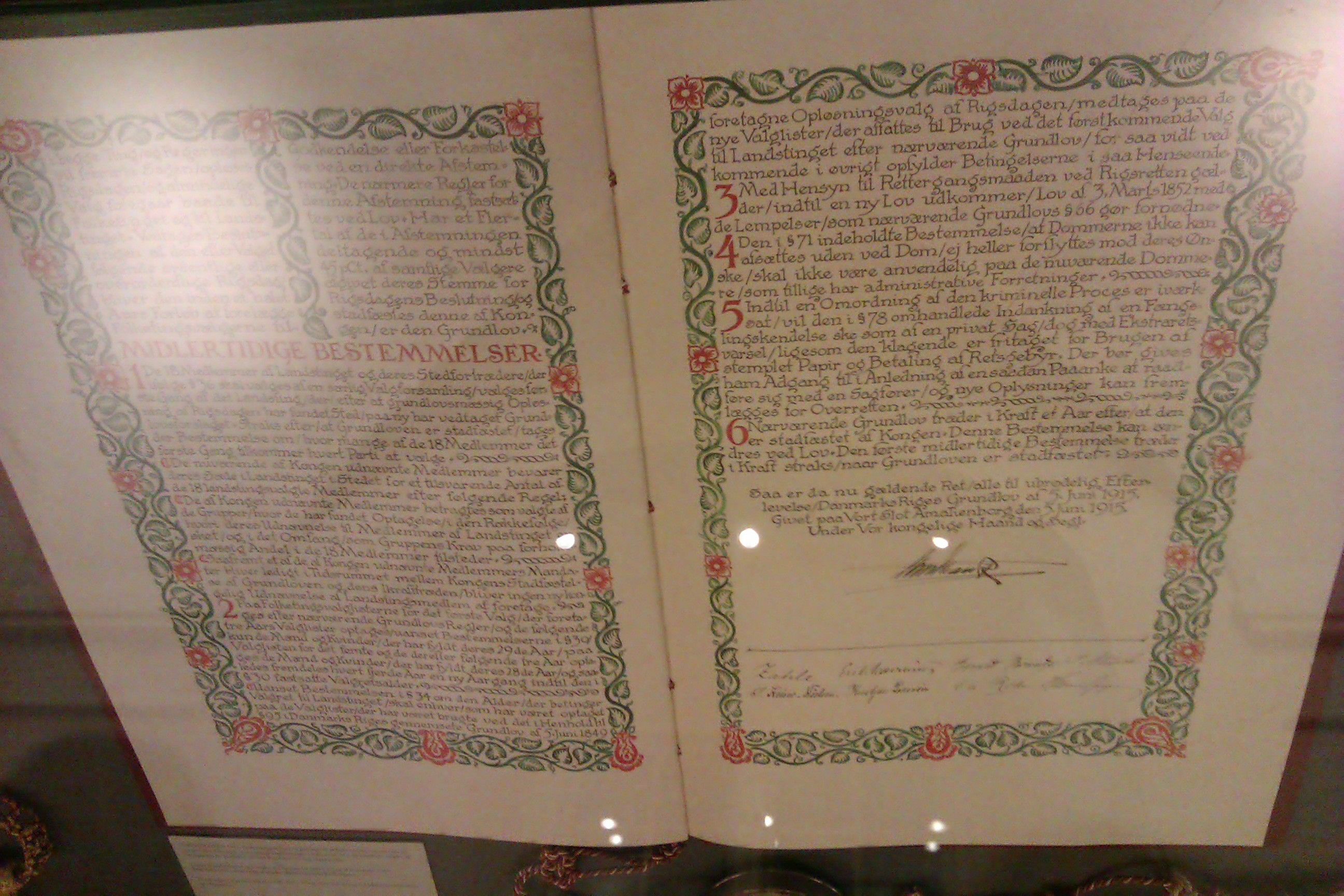Today is Constitution Day and the 100-year anniversary of women being granted the right to vote. Events are being organised across the country to celebrate the birth of democracy and 100 years of women’s suffrage.
Constitution day has a special status – strictly speaking it is a normal workday and not a public holiday, but many shops and schools are closed and it is a custom for many employers, especially those in the public sector, to give their employees either a whole or half day off work with pay.
On this day in 1849, Frederik VII signed Denmark’s first constitution, bringing an end to the absolute monarchy and establishing a constitutional monarchy with a representative parliamentary system.
READ MORE: The lost princess: How the Schleswig- Holstein Question just got even more complicated
The constitution has been rewritten four times since 1849: in 1866, 1915, 1920 and 1953. The 1915 constitution is particularly significant because it was in this year, again on June 5, that Denmark can be said to have become a democracy, with women and the poor being granted the vote for the first time.
A parade and party will take place at Kastellet (09:30-17:00) to celebrate 100 years of democracy, including historical costumes provided by the National Museum.
READ MORE: Early-June events: Celebrating a century of the constitution















